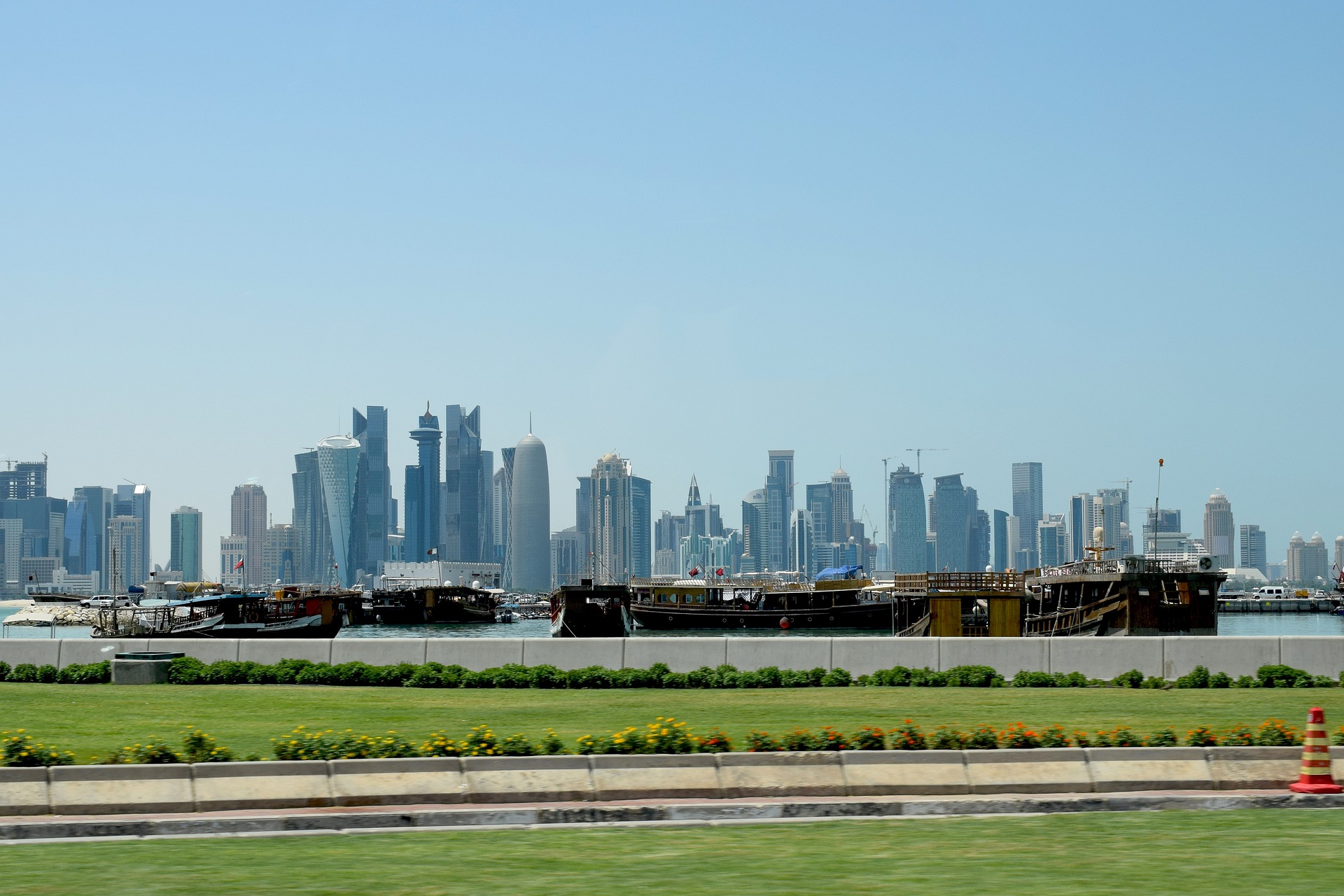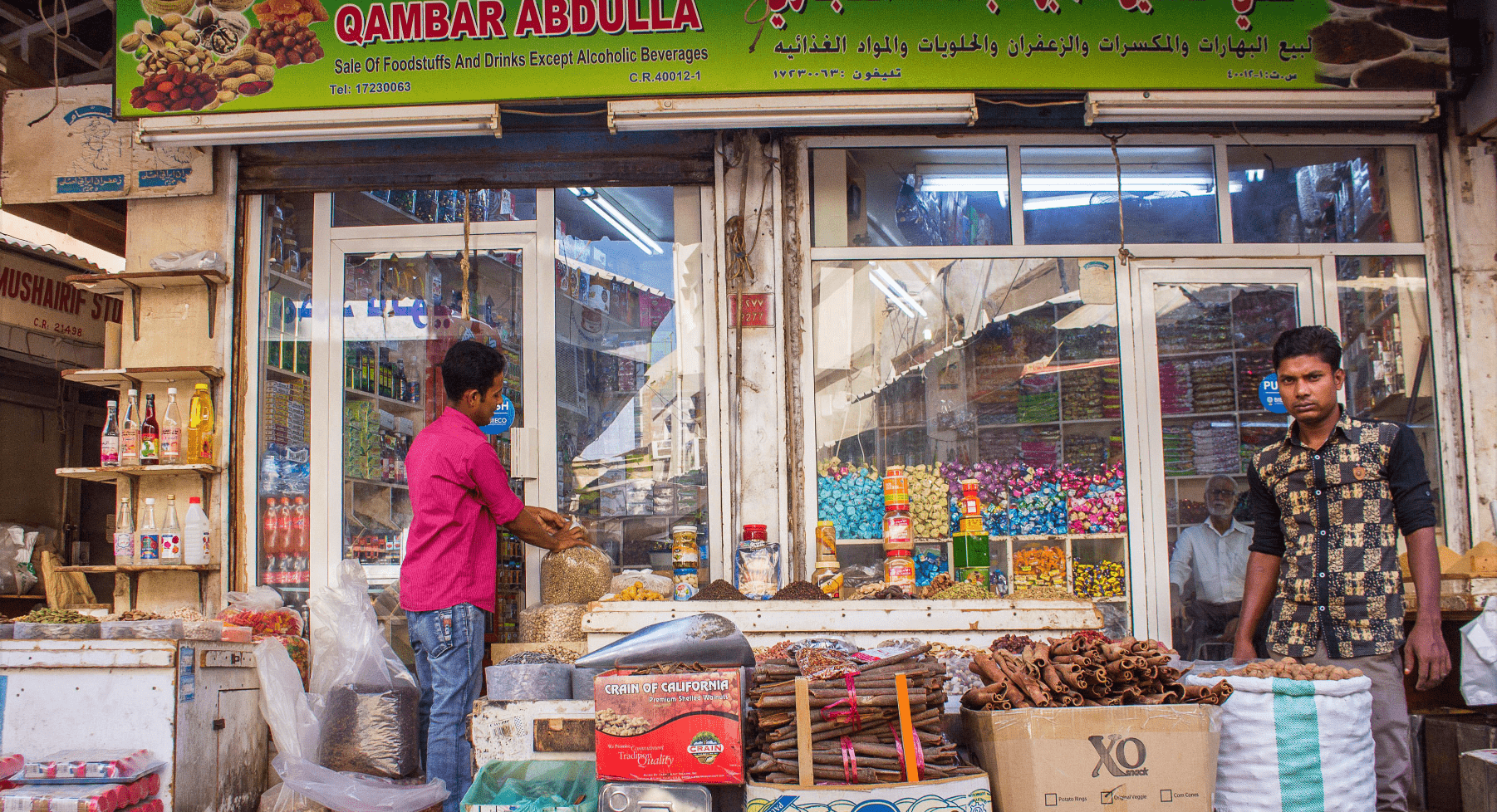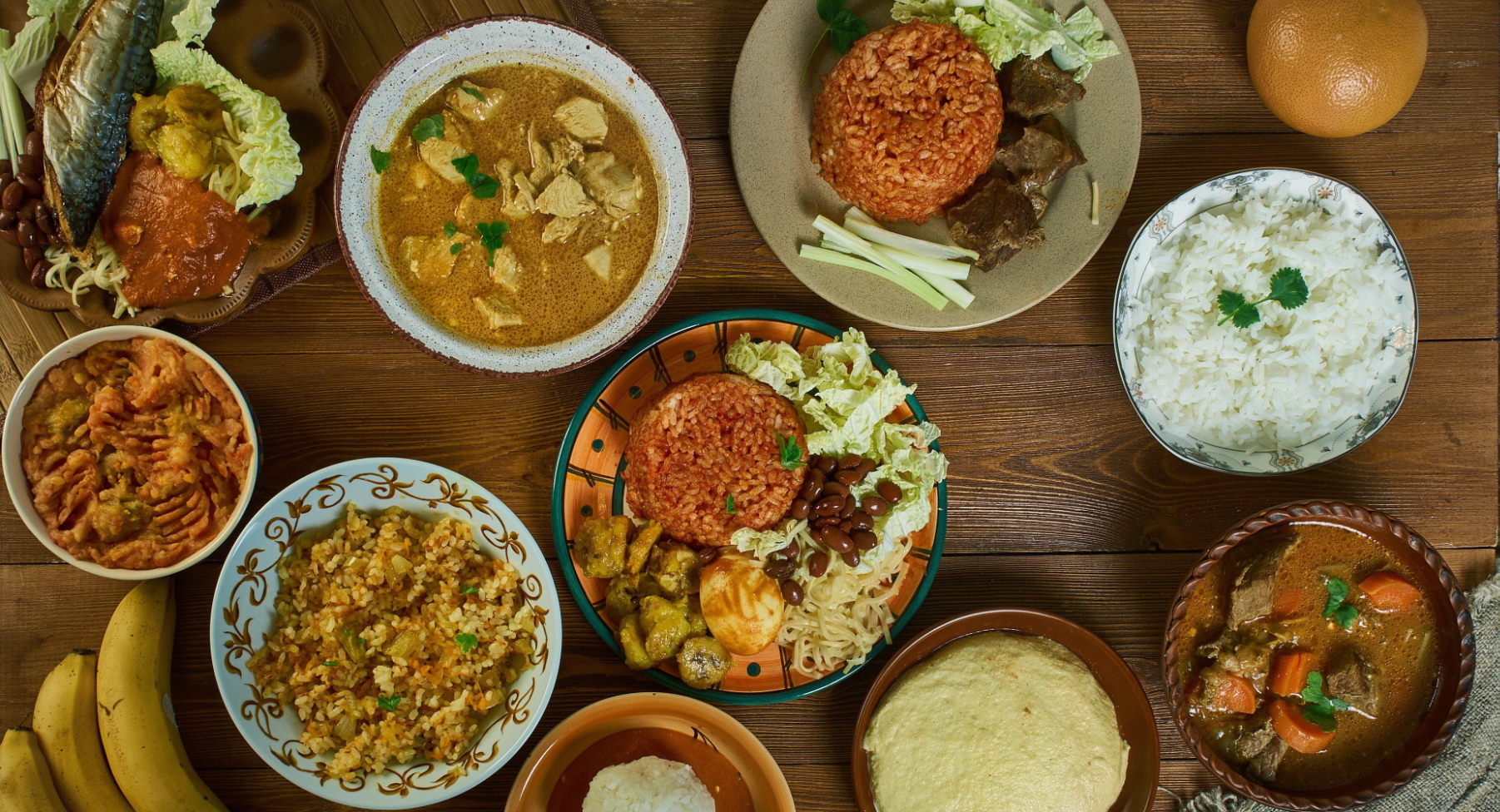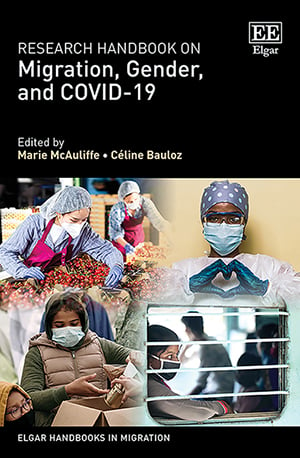QATAR
Qatar borders the Persian Gulf and Saudi Arabia, ruled by an absolute hereditary monarchy. Primarily Qatar relies on oil and gas revenues, which has influenced the country's sustained growth. Its natural gas reserves represent at least 13% of global reserves, making Qatar the third country in terms of gas reserves. Pre-independence oil and gas exploitation imported labour from the Arab Middle East and the Indian sub-continent to work in the oil industry due to the low level of literacy and industrial skills among the Qataris. Modern hydrocarbon extraction, particularly during the oil price hike in the mid to late 2000s, meant Qatar continued to rely on foreign labour and immigrants to increase production. The oil rent guaranteed improved living standards for migrants, protection, and security such as housing grants and accessible health care. Also, the immigrant population increased in recent times due to events such as the massive rise in recruitment of workers by the construction industry to support the infrastructural envelopment of the country following the award of the 2022 world Cup to Qatar. However, migrants have also faced the issues of infringement on labour and human rights and problems of food insecurity.

Image by walsarabi from Pixabay




